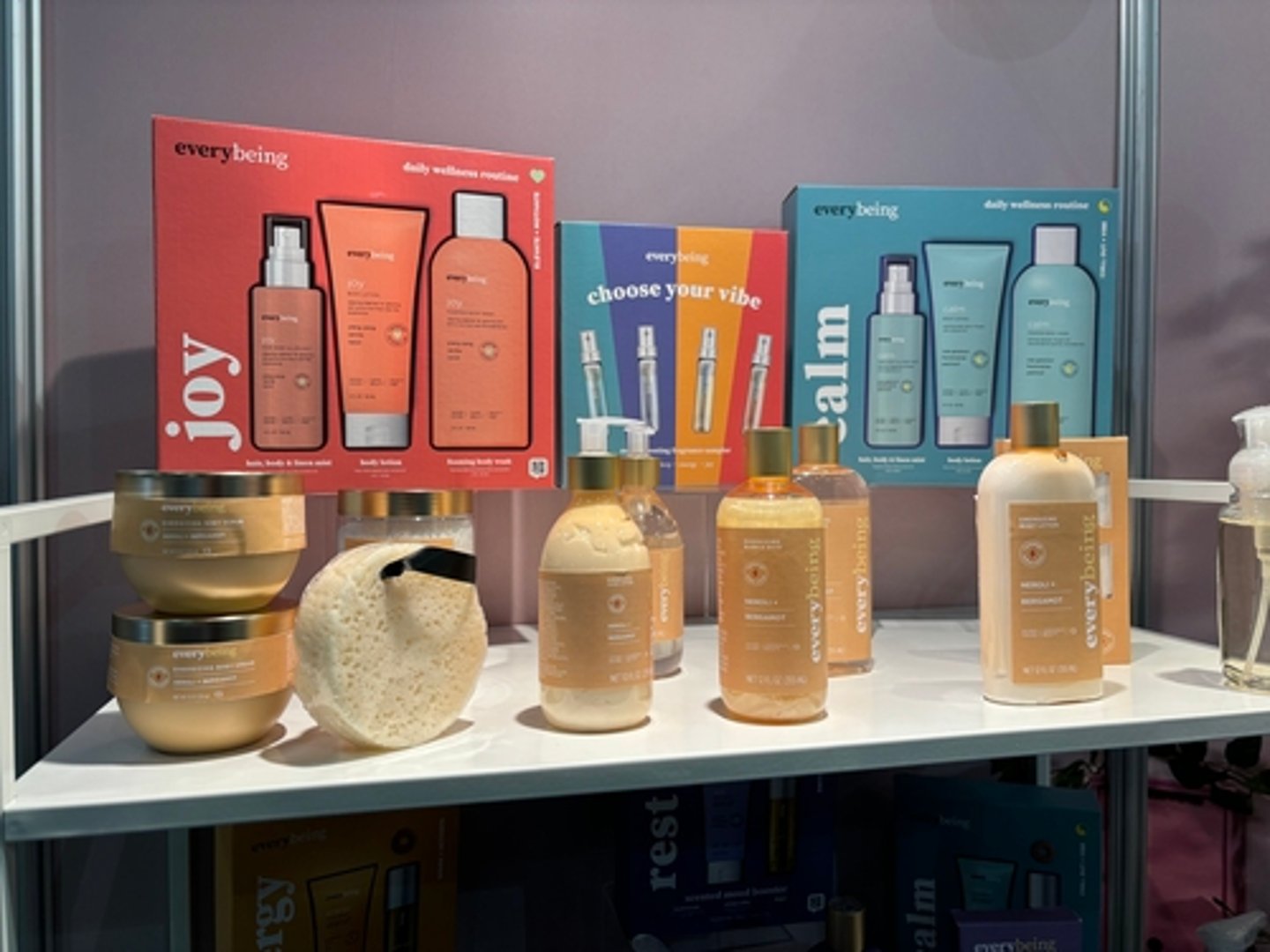Growing Demand Opens Opportunities For Private Label Beauty Products
The private label beauty category continues to grow as retailers expand assortments in an effort to offer shoppers quality products at a high value.
While that theme is familiar across all categories touched by private brands, the post-pandemic world has provided retailers with opportunities to expand assortments of cosmetics and personal care products under their store brands as consumers seek options to help them achieve a healthier lifestyle.
The key difference today is that retailers working with supplier partners know the products they bring to market need to offer unique features, healthy ingredients, and be something more than just national brand equivalents. And, educating shoppers about the products on their shelves and web pages is a growing necessity.
“As we work with retailers today to develop new products, there is continued focus on clean beauty initiatives,” said Kate Kimmerle, CEO & founder of Snapproducts. “The demands from consumers today go beyond sulfate-free, paraben-free, and pH-free. So when we work directly with retailers on new products, we’re upgrading beyond what the national brands offer.”
The continued growth seen in the private label segment as it pertains to cosmetics and personal care products is happening across several retail channels. Experts that spoke with Store Brands noted that retailers in the drug and mass channels are seeing the greatest growth, but retailers in other channels are also moving forward to expand assortments.
For example, dollar stores in 2023 have expanded their beauty selections, utilizing private label products as a key part of the effort. In September, Family Dollar launched its exclusive Levitate Beauty skincare line developed through a partnership with Innovative Beauty Group’s (IBG) Brand Incubator.
The assortment features a range of cleansers, serums, masks, moisturizers and a travel kit designed to offer a luxury skincare experience at an accessible price point. Ranging in price from $4-$7, the line is exclusively available in more than 8,000 Family Dollar stores nationwide.
As retailers work to expand their assortments of cosmetics and personal care products, some are focused on the items they want while others are seeking expert advice from product suppliers who are on the front lines and keeping a close watch on trends.
“The big box retailers have a vision and usually come to us with a list of things they want for their private label assortments,” said Samantha Burd, vice president at LadyBurd.
While some retailers may be looking for products that are similar to national brand items currently on their shelves, there is a growing movement at developing new products that are unique from items already in the market and meet consumer needs.
“The best retailer relationships we have are those that are collaborative,” Kimmerle said. “There are retailers that are looking for items to place in the front of their stores in an effort to capture shoppers instantly. The best way to hook them and get them excited about something is with a store brand product that offers value and offers something better than what is out there.”
One challenge retailers face when developing new private label products is convincing shoppers the items are of high quality and will provide the solutions they need. While acknowledging this challenge, Kimmerle said it's important for retailers to remember they already have a high level of trust with their shoppers. She also feels retailers should boost their marketing efforts with their store brands to boost awareness and gain additional trust with shoppers.
“Most (retailers) aren’t putting out big digital campaigns focused on their private label offerings,” she said. “It’s important to remember that you have brands that are spending millions of dollars to push their products and many retailers aren’t doing anything.”
Another challenge is keeping up with trends within cosmetics and personal care, especially as some trends driven by social media can heat and cool quickly. But some trends, such as the growth of men’s products, have staying power and are expected to continue growing in the year ahead.
Burd noted while beard-care products have been commonplace, there is growing interest among men in skin care products.
“There’s a growing thought among men that if products work for women, why can’t it work for them,” she said. “The products don’t have to be overly masculine. Men just want stuff that works.”
Burd added the growing usage of skincare and related products by men is being driven largely by younger generations.
Kimmerle is also seeing growing interest in men’s products and feels the movement is an outgrowth of the pandemic. And as demand grows, she expects new products to be less gender-specific and feels there could be expansion in development of skincare items that are more gender neutral.
“Not everything has to be just for women,” she said. “Products such as eye masks that get rid of dark circles, puffiness and surface wrinkles can be used by men. We’re even seeing retailers put men’s skincare products in with shaving products since that is where they shop.”





